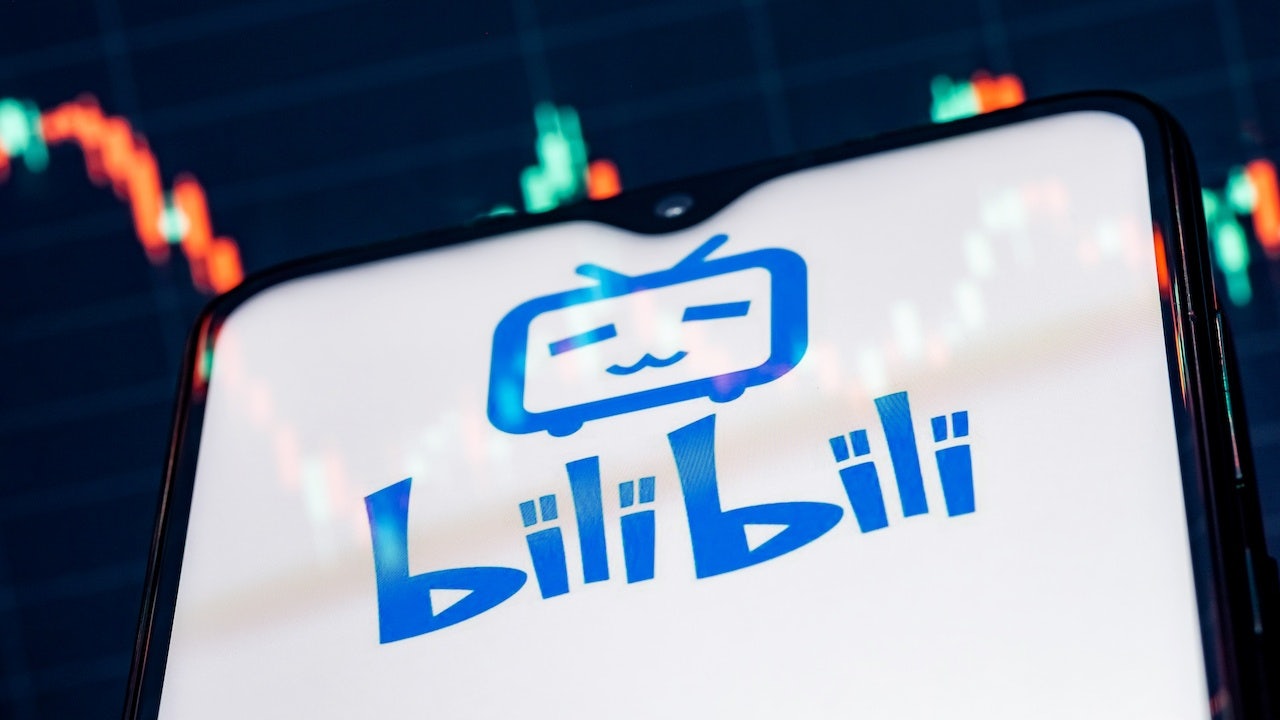With its share prices dropping by $100 over the past year and China’s crackdown on gaming and entertainment showing no signs of stopping, short video platform Bilibili finds itself in make-or-break territory, with impressive revenue growth clouded by spiraling costs.
According to Bilibili’s 2021 annual report, the company boasted a 61.6 percent year-on-year increase in revenue last year, reaching an impressive 19.4 billion yuan ($2.9 billion). This momentum continued into 2022, with total net revenues increasing 30 percent in the first quarter over the same period last year to 5.05 billion yuan ($755.8 million). User acquisition showed satisfactory growth, with monthly active users (MAUs) reaching 293.6 million and monthly paying users hitting 27.2 million in Q1 2022, up from 271.7 million and 24.5 million, respectively, in the fourth quarter of 2021.
Recent years have shown Bilibili’s ability to attract users, keep them entertained, and – crucially – lure brands like Dior, Shiseido and Mercedes-Benz both as advertisers and active users. Notably, revenue from advertising in the first quarter of 2022 jumped 46 percent over the same period last year, reaching 1.04 billion ($155.6 million). Its biggest problem remains yawning costs.

According to last year’s annual report, Bilibili’s net losses for 2021 reached a whopping 6.8 billion yuan ($1 billion), up from 3.1 billion ($464.7 million) in 2020. In 2022, runaway costs continue to eat away at the company’s financial results, with operations losses rising to 1.99 billion yuan ($297.6 million) in the first quarter of the year, up from 1.03 billion yuan ($154 million) in Q1 2021.
The question now is what Bilibili intends to do about its profitability crisis and how it plans to win back the confidence of global investors. In the wake of Beijing’s extended crackdown on gaming, Bilibili moved quickly to diversify its content concept beyond its core ACG (anime, comics, and gaming) wheelhouse, inking content partnerships with English soccer’s FA Cup in mainland China through the end of the 2023/2024 season and focusing on offering more long-form content, such as feature films, to keep viewers engaged for longer.
Yet it seems that Bilibili sees variety shows as the key to building profitability and competitive advantage over rivals like Douyin – which has also amped up its focus on the format over the past year. With China’s crackdown on idol competition shows showing no sign of flagging, the relatively vanilla nature of reality and variety shows means Bilibili is likely to have no problem pumping out new programs in the months ahead.
Joining the recent debut of the second season of its “90s Dating Agency” (90婚介所2022), Bilibili rolled out two new reality shows: the college graduation series “The Way We Were” (第四个夏天) and the Gen Z art competition “Crazy Artist” (疯狂艺术家). The platform is reportedly set to begin production of another new reality show, “Love With Friends Express” (带朋友恋爱特快), featuring celebrities like Peng Yuchang and Ma Sichun. According to Chinese-language media, these recent efforts indicate Bilibili’s ambition to diversify its content offerings, yet the relatively low production costs of variety shows are a likely plus.

The key for Bilibili’s variety show gambit to pay off in the second half of this year is for the platform to cut costs. After a wave of layoffs at the end of 2021 and the beginning of 2022, Bilibili is reportedly planning another round in its gaming, livestreaming, and overseas departments, with its gaming division expected to be the hardest hit. According to many active users (which the platform refers to as “uploaders”), Bilibili has also reportedly cut payments in its creative incentive plan by up to 80 percent.
In addition to reducing expenditure, Bilibili must also focus on attracting high-profile brand sponsors or luring them away from rival platforms and programs. There are signs that previously dominant programs like Mango TV’s “Sisters Who Make Waves” are losing momentum among brands, with the third season of “Sisters” only attracting six sponsors, down from 15 in season two and 13 in its debut season. While observers attribute part of this decline to China’s recent COVID outbreak, the influence of Mango TV and “Sisters” may be on the decline. Now, the question is whether shows like "Crazy Artist" can lure brands hoping to get in front of China's increasingly big-spending Gen Z consumers while staying on the good side of Beijing regulators.

